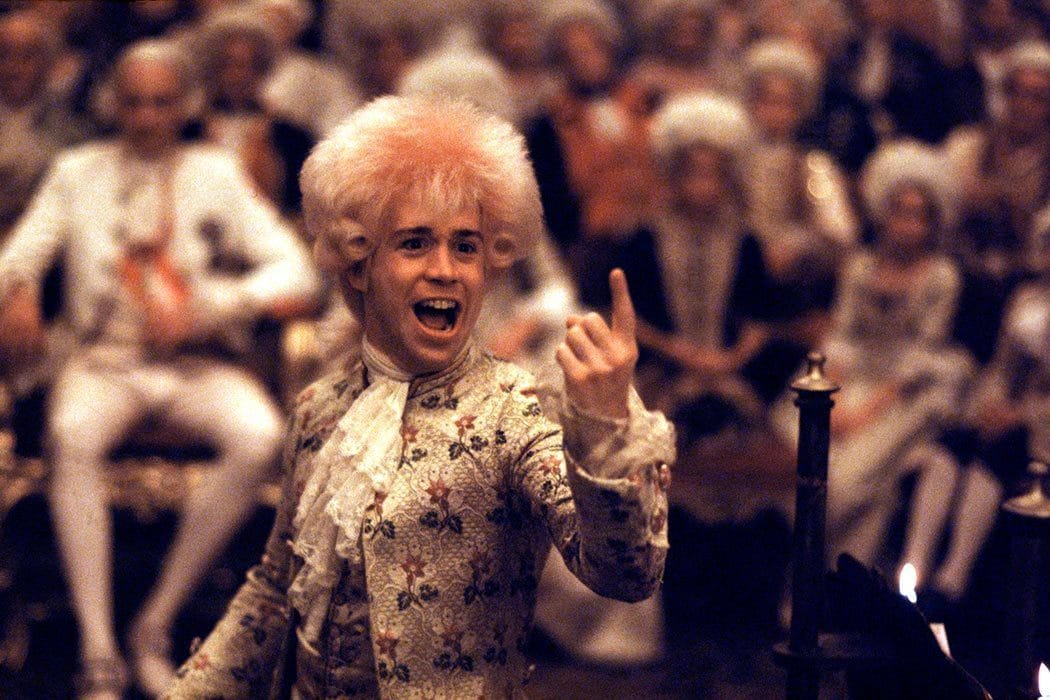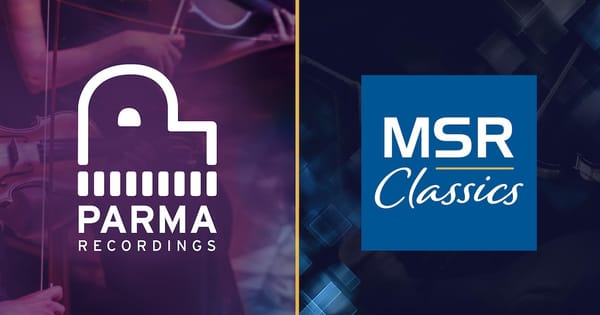Tracing Classical Music’s Impact on Pop Culture

Classical music’s timeless allure has transcended generations, leaving an indelible mark on the tapestry of pop culture. From its earliest appearances on the silver screen to its contemporary prominence in the digital age, classical compositions have continuously resonated with audiences, shaping and enhancing various facets of popular culture.
Cinematic History
Since the advent of cinema, classical music has played a pivotal role in shaping cinematic experiences. Landmark films like “2001: A Space Odyssey,” with its use of Richard Strauss’ “Also sprach Zarathustra,” or “Amadeus,” portraying the life of Mozart, showcased the emotional depth and narrative resonance classical compositions offer to storytelling. These instances not only elevated the impact of these films but also solidified classical music’s place in cinematic history.
Small Screen
Television series have also woven classical compositions into their narratives over the years. Iconic shows such as “The Twilight Zone,” “The Simpsons,” and “The West Wing” utilized classical music to underscore pivotal moments, evoke emotions, or enhance storytelling. The enduring presence of classical pieces in these series speaks volumes about their lasting impact on television and popular culture.
Digital Domain
In the digital era, classical music has found new resonance across various online platforms. From YouTube channels dedicated to classical performances to viral videos featuring flash mobs performing classical pieces in unexpected locations, the internet has become a hub for both traditional and innovative expressions of classical music. These digital phenomena have introduced classical compositions to a broader and more diverse audience, fostering appreciation across generations.
Classical and Contemporary
The fusion of classical and contemporary music has been a hallmark of pop culture evolution. Collaborations between classical maestros and modern-day artists have blurred genre boundaries, creating captivating musical hybrids. Moreover, reinterpretations and remixes of classical masterpieces in diverse genres, from rock to electronic music, have showcased the timelessness and adaptability of classical compositions across different eras.
In recent years, collaborations between renowned classical virtuosos and contemporary music icons have redefined musical norms. From Yo-Yo Ma’s mesmerizing cello performances alongside artists like Sting and Lenny Kravitz to orchestral renditions of iconic tracks by groups like Led Zeppelin or Pink Floyd, these collaborations have transcended genres, captivating audiences with innovative symphonic arrangements and demonstrating the seamless harmony between classical grandeur and modern-day sounds. The reinterpretation of classical opuses through electronic remixes by DJs like Ólafur Arnalds or Max Richter has breathed new life into timeless compositions, resonating with younger audiences and affirming classical music’s ability to thrive in ever-evolving musical landscapes.
Future Prospects
The enduring presence of classical music in pop culture speaks volumes about its timeless appeal. Its ability to transcend time periods and captivate audiences across generations underscores its cultural significance. As we forge ahead, classical music remains an immersive and influential force in pop culture, poised to continue shaping artistic expressions and captivating audiences worldwide.
Conclusion
The evolution of classical music’s integration into pop culture showcases its lasting impact and adaptability. From the golden age of cinema to the digital era, classical compositions have seamlessly interwoven themselves into the fabric of popular culture. As we revel in these timeless melodies and enduring legacies, classical music stands as a testament to the human spirit’s creative depth and unwavering resonance across ages.





